By Josh Eliot
As I grow older, I get more nostalgic about experiences from my past. It’s natural to feel this way when we see things that bring back great memories and helped form who we are. Sometimes it’s seeing a movie. When I was 15 years old, in 1977, I talked my parents into taking me to see Diane Keaton in Looking For Mr. Goodbar. A decision I’m sure my parents regretted once the subject of the movie became crystal clear. I’m sure they thought that since Tuesday Weld was also in the movie, it would be pretty tame. Not! The film started with a haunting song montage including “Don’t Ask to Stay Until Tomorrow” by Marlena Shaw and it really set the tone. The movie was a tough and gritty expose on the bar fly, one night stand dating scene in New York. I’m sure mostly anyone who is reading this blog has seen this movie at some point in their life and came away from it moved or shaken. For decades, I and hundreds of others, tried to access this movie on DVD. It was originally released on VHS and LaserDisc, but evidently by the time negotiations came around for a DVD release it was dead in the water. Various chat rooms over the last decades point to the legal issues and costly fees involving the music rights. It seems to have simply vanished. It went “out of print.”
When I saw this movie at 15, I was thrilled to see the male hustler character played perfectly by Richard Gere. The moment he danced around in his jockstrap while holding a glow in the dark knife both tantalized and terrified me. I think this might have been the first “male nudity” I ever saw in a film, unfortunately for my mother sitting right next to me. The movie’s soundtrack was filled with great tunes like “Don’t Leave Me This Way” by Thelma Houston, “Prelude To Love,” “Try Me, I Know We Can Make It” and “Could It Be Magic” by Donna Summer and “Love Hangover” by Diana Ross. The music worked so brilliantly with the raw, realistic story, making the whole experience feel 100% real. Diane Keaton, famously known to be shy about her body and always dressing in long sleeves and a buttoned collar, had several nude scenes in the movie. She won the Academy Award the very same year for Annie Hall and you can bet your ass this role in Goodbar helped seal that win. What a film, but yeah, unfortunately I could not watch it and relive all those great memories and feelings because it was simply out of print.
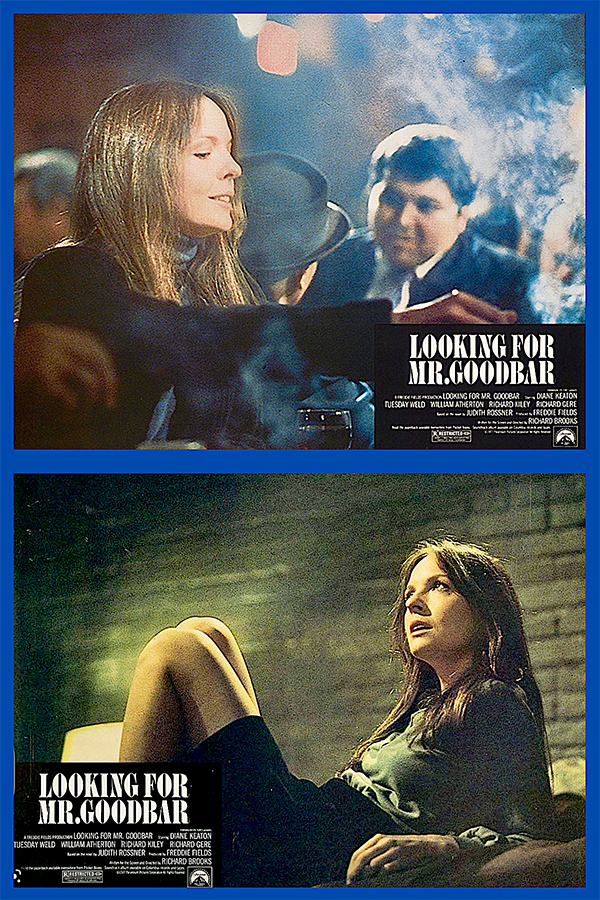
Looking for Mr. Goodbar lobby cards
The feeling of never seeing a movie again that you loved watching or loved working on must have been how the cast and crew felt back in the early days of porn. Before VHS, DVD and Blu-ray, the movies would show in an adult cinema then pretty much disappear. Maybe they would come back again to play as a second feature for a new release. But with the explosion of VHS on the X-rated market, suddenly all the new adult productions had a life beyond the new release stage. They would be widely available for purchase and viewings forever. That was exactly what we assumed when we were making the gay and bi porn movies back in the 1980s. There are a lot of collectors who have vast libraries both VHS and DVD. I have those collector tendencies too. I just added a new “instant favorite” autographed photo of Will Seagers to my collection. He signed a black-and-white shot from LA Tool & Die. I gave it a place of honor on my office wall just under the signed photo of Bette Davis.
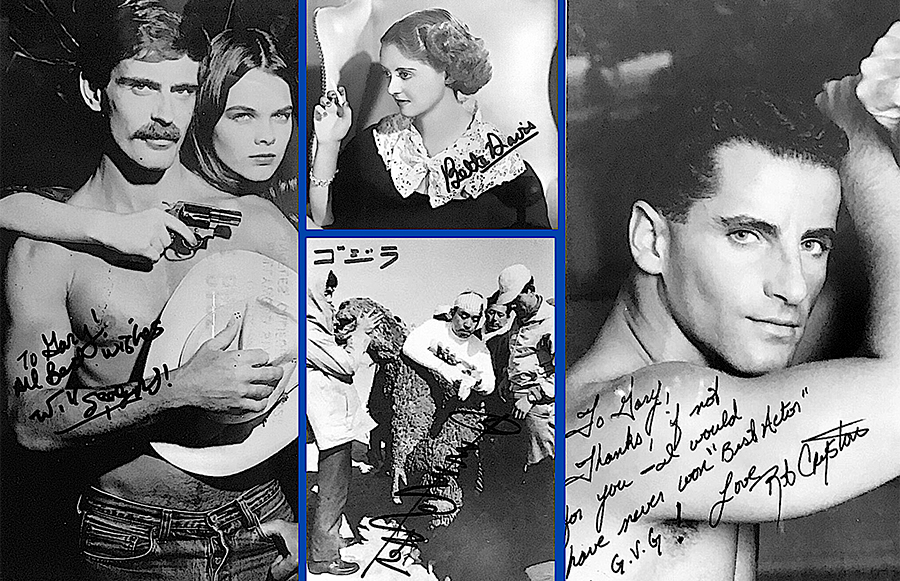
Some of Josh's signed photos: Will Seagers, Bette Davis, Haruo Nakajima (Godzilla), Rob Cryston
I like to post trailers, clips and teasers from my library of movies for Catalina Video on YouTube and Instagram. It’s like a virtual collection, and I like the idea of letting them have some sort of permanent place in history on those channels. It seems that a new generation of worldwide gay and straight viewers really responds positively and has an appreciation for nostalgic porn clips. I thought it might be cool to post a newly cut trailer of the first movie I ever made, called Runaways, back in 1989. I used to have the VHS, which showed a young, sad-eyed twink looking through a dusty, cracked nine pane window on the box cover. Then on the DVD cover, they swapped the twink for a much hotter shot of Jake Corbin. Somewhere along the way, I loaned out that DVD and never got it back so I started searching for it online. I found the movie available on several websites with a fabulous new cover but, much to my dismay, the DVD version said “out of print” - leaving only the digital version available for download or single scene viewing. I thought, this must be a one-off. Maybe the owners of the Catalina Library sold out and will re-release it down the line? I purchased the download, cut my trailer and posted it on my Instagram and YouTube. Then it happened again with another title I was looking for and I started wondering what was going on. Why aren’t these titles available? Suddenly, I received a mailing for a major sale on most if not all of the William Higgins classics like Pizza Boy, Hot Rods, The Young and the Hung, Preppy Summer to name a few, with the title of the sale saying: “Get Them Now Before They Are OUT OF PRINT Forever.” There were also Dirk Yates and Catalina Video sections as well.
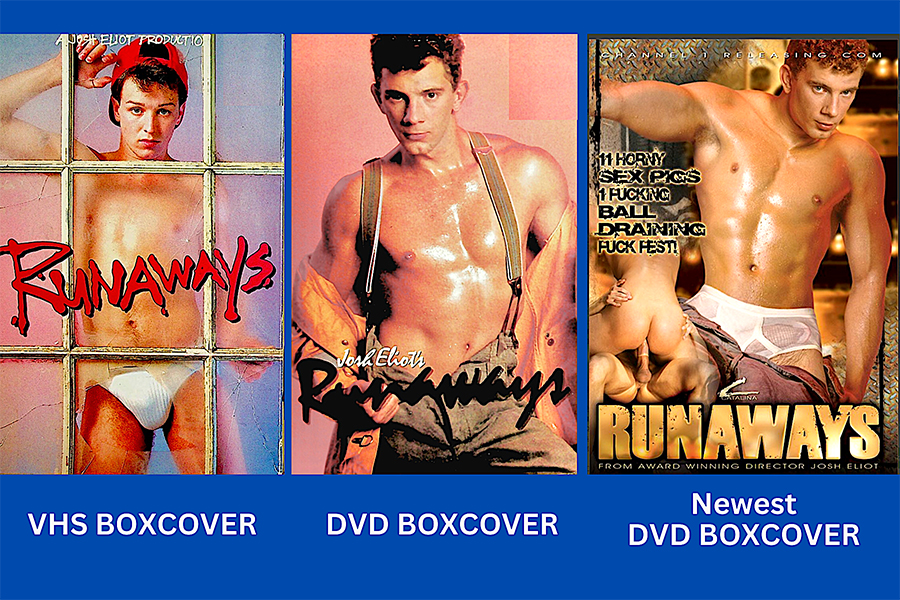
Runaways box covers over the years
A little piece of my heart broke at that moment. What we always thought would be around and available on some sort of tape or disc or “newly invented format” was not to be. It became very clear to me that there would be no future restoration of these movies, there would be no re-release of these movies, there would be no “tangible,” hold-it-in-your-hand version of these movies any longer. I would have been content leaving this earth thinking that some “physical form” - complete with original movie artwork of the Catalina Library featuring John Travis, Scott Masters, Chet Thomas, Chi Chi LaRue, myself and others - would always be available. But evidently that is not to be. I get the digital thing, but it doesn’t mean I have to embrace it. I already had huge respect for the way BijouWorld treasures their films, directors and customers. The restoration costs they absorb to make their library of films the best they can be for future generations to enjoy and collect in a physical and digital form speaks volumes about their integrity. Even though the Catalina library of movies we made will not get the same “white glove” polished treatment Bijou offers to its library, I am more than content to know that the movies I looked up to and shaped me as an adult video director are being preserved.
I feel the need to have a “Happy Ending.” Everyone loves a happy ending don’t they? On October 23, 2020, the DVD version of Looking For Mr. Goodbar was finally released through LA Entertainment, an Australia-based company. Something nobody saw coming, and which a lot of collectors are anxious to own.
Bio of Josh Eliot:
At the age of 25 in 1987, Josh Eliot was hired by Catalina Video by John Travis (Brentwood Video) and Scott Masters (Nova Video). Travis trained Eliot on his style of videography and mentored him on the art of directing. Josh directed his first movie, Runaways, in 1987. By 2009 when Josh parted ways with Catalina Video, he'd produced and directed hundreds of features and won numerous awards for Best Screenplay, Videography, Editing, and Directing. He was entered into the GayVN Hall of fame in 2002.
You can read Josh Eliot's previous blogs for Bijou here:
Coming out of my WET SHORTS
FRANK ROSS, The Boss
Our CALIGULA Moment
That BUTTHOLE Just Winked at Me!
DREAMLAND: The Other Place
A Salty Fuck in Saugatuck
Somebody, Call a FLUFFER!
The Late Great JOHN TRAVIS, My POWERTOOL Mentor
(Un)Easy Riders
7 Years with Colt Model MARK RUTTER
Super NOVA
Whatever Happened to NEELY O’HARA?
Is That AL PARKER In Your Photo?
DOWN BY LAW: My $1,000,000 Mistake
We Waited 8hrs for a Cum Shot... Is That a World Record?
Don't Wear "Short Shorts" on the #38 Geary to LANDS END
How Straight Are You Really?
BEHIND THE (not so) GREEN DOOR
The BOOM BOOM Room
CATCHING UP with Tom DeSimone
Everybody’s FREE to FEEL GOOD
SCANDAL at the Coral Sands Motel
DEEP INSIDE THE CASTRO: The Castro Theatre
DEEP INSIDE THE CASTRO: The Midnight Sun
RSVP: 2 Weeks Working on a Gay Cruise Ship
VOYAGER of the Damned
I'M NOT A LESBIAN DIRECTOR
Diving Into SoMa/Folsom: THE FOLSOM STREET FAIR
Diving into SoMa/Folsom: A TALE OF TWO STUDS
BALL BROTH
My 1992 “Porn Set” Diary



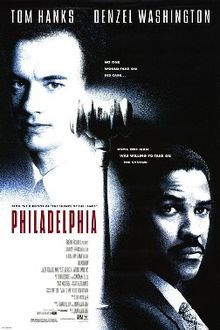
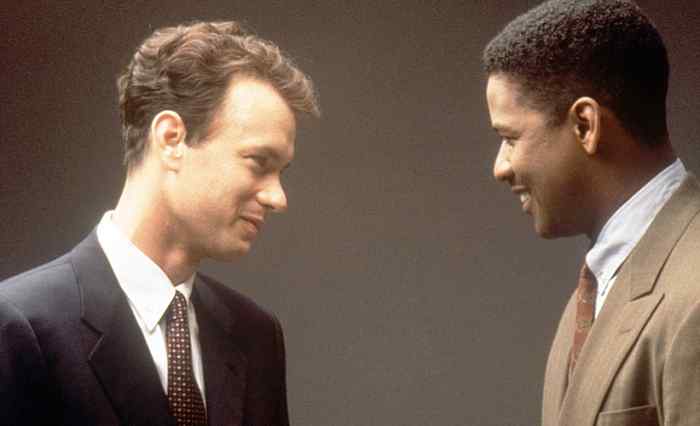
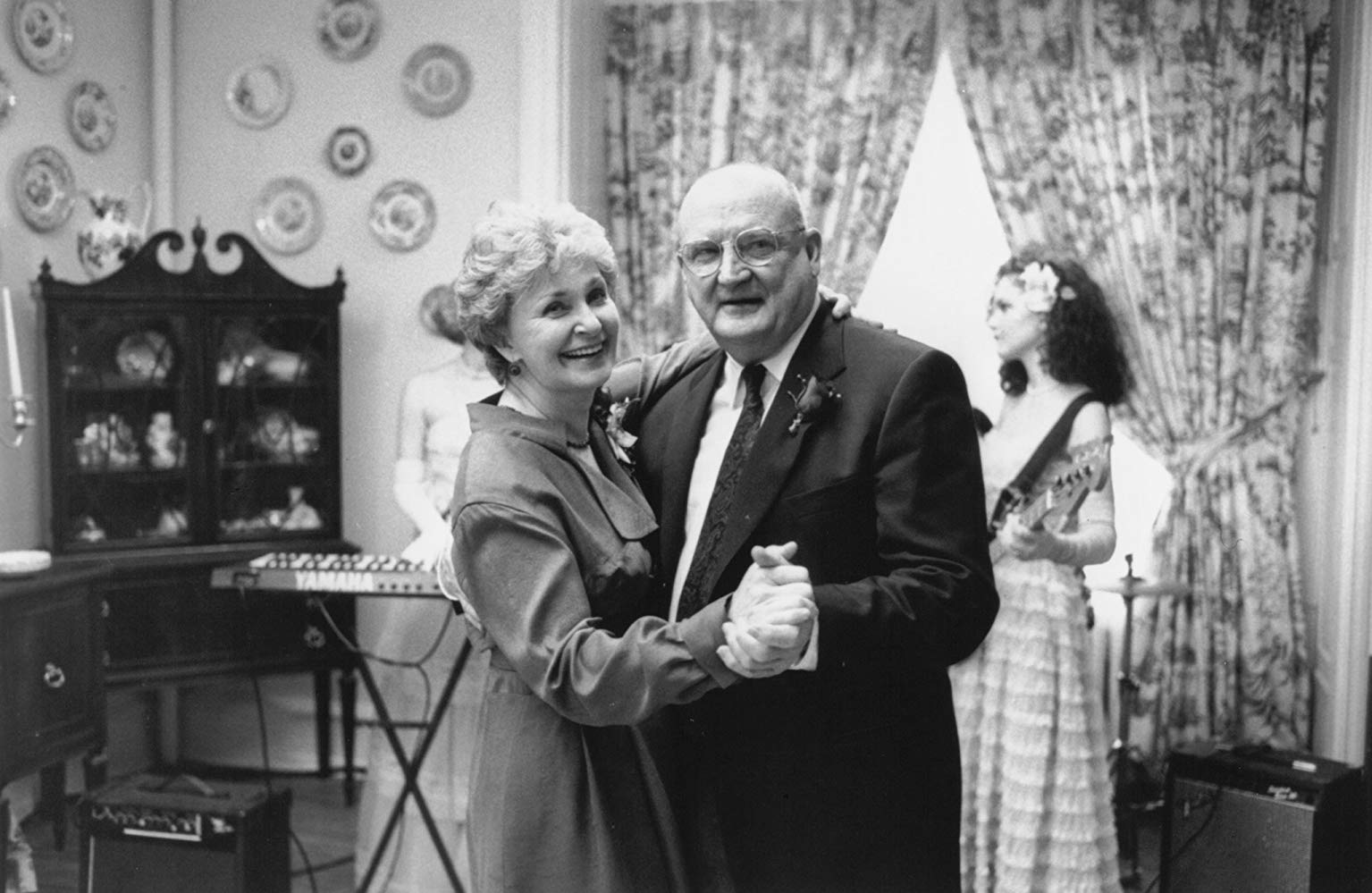
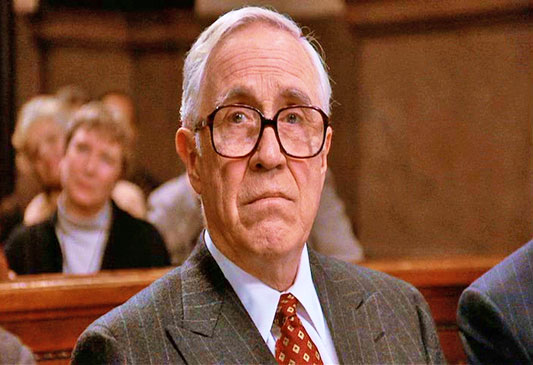
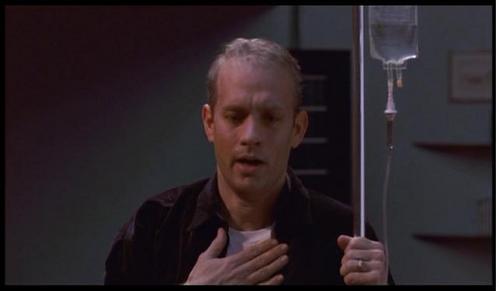
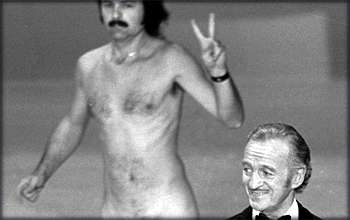
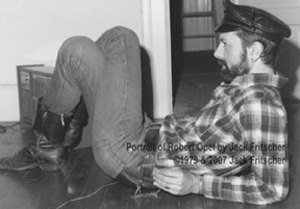
 Join our Email List
Join our Email List Like Us on Facebook
Like Us on Facebook Instagram
Instagram Youtube
Youtube Follow Us on Twitter
Follow Us on Twitter Follow us on Pinterest
Follow us on Pinterest